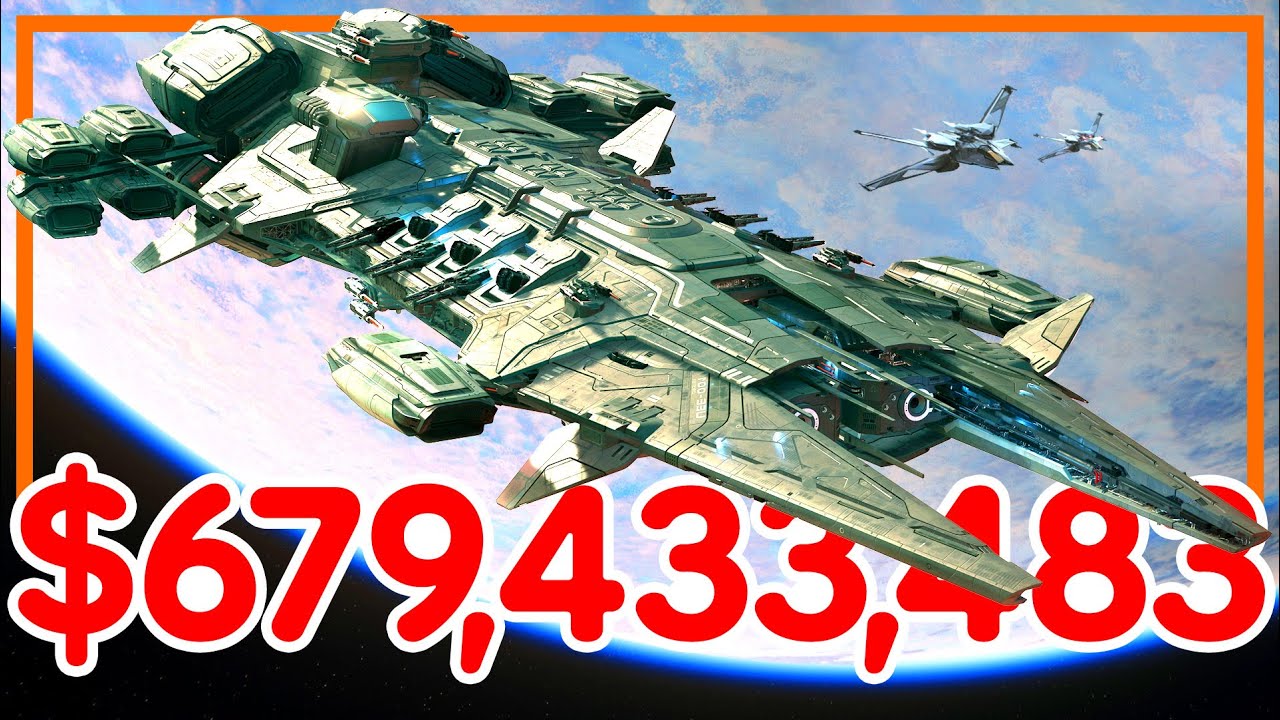The video discusses the evolution of gaming monetization over the past decade, focusing on the shift towards maximizing profits rather than prioritizing player enjoyment. It examines specific examples like Star Citizen to critique controversial monetization practices in the industry while highlighting the need for more ambitious projects that push boundaries and innovate in gaming.
The video discusses the evolution of gaming monetization over the past decade, highlighting the shift from focusing on creating good games to maximizing profits through various monetization strategies. It delves into the controversial practices of some game developers, where the goal is to extract as much money from players as possible rather than prioritizing player enjoyment. The narrative then shifts to examining the monetization practices of specific games like Star Citizen, questioning whether every dollar spent in the game translates to power or convenience, and whether whales who own every ship have negatively impacted the game’s experience.
The video explores the impact of monetization on player perception of games, using examples from titles like Hell Divers 2 and Dragon’s Dogma 2 to illustrate how different monetization strategies can influence player experiences. It discusses the fine line between justifiable monetization practices that enhance player enjoyment and those that may deter potential players due to perceived pay-to-win elements. The author shares personal insights on their gaming spending habits and how the perceived value of DLCs can vary among players.
The discussion then delves into the controversial monetization practices of Star Citizen, critiquing the game for feeling more like a storefront than a game due to its high-priced ships and additional in-game store for whales. The text questions whether the game’s monetization practices are justifiable, considering the significant financial success of the project and the potential impact on player experience. It also touches on the speculation surrounding Star Citizen’s development and the balance between creating innovative technology and ethical monetization.
The video raises concerns about the state of the AAA gaming industry, criticizing the prevalence of bland and generic games designed for maximum profit extraction rather than pushing boundaries and innovating. It highlights the need for more ambitious projects like Star Citizen that aim to break the mold and advance gaming technology. The author acknowledges the role of whales in funding such projects but also critiques the industry’s reliance on predatory monetization practices.
In conclusion, the video reflects on the ongoing challenges in the gaming industry related to monetization, player perception, and innovation. It emphasizes the importance of supporting projects that strive for technological advancement while cautioning against unethical monetization practices that may harm player experiences. The author expresses hope for a future where games like Star Citizen can evolve into fully functional and enjoyable experiences, offering a glimpse of the potential for groundbreaking advancements in the gaming landscape.
